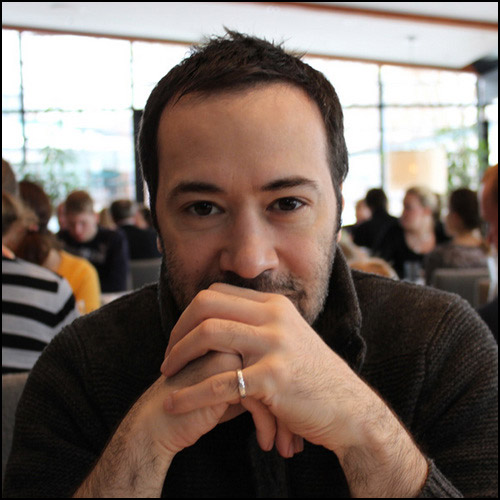Why Privacy Is Important For Humans Beings
“If I have nothing to hide, I have nothing to fear”
Not so long ago, this phrase could have produced the intended result: to convey the idea that surveillance does not negatively impact the general public. Today, many will respond with some variation of the phrase “those who give up a little privacy for more security deserve neither”. Most of us now instinctively understand that privacy has value. But when we try to dig deeper and ask ourselves why it is important, we usually can’t put it into words. We know it matters, and we know it has something to do with freedom and fundamental rights, but for many of us it’s difficult to articulate. Here’s my attempt.
The actual Benjamin Franklin quote is “They who can give up essential liberty to obtain a little temporary safety, deserve neither liberty nor safety”. Ok, easy enough: privacy = liberty = freedom. But why?
My answer is this: simply put, the issue is that we act differently when no one’s around. Alone in your home, you might start singing to the radio. When you’re walking in the street, you might flick a booger (!). When your friends aren’t looking, you might watch that chick flick they’d mock you for. So on a philosophical level, the simple fact that we act differently if somebody is watching means that “being watched” affects our freedom to act as we’d like, and thus that some privacy is essential for people to act freely.
Nobody is saying you need that “real privacy” all the time (we do live in society after all), but you do need it sometimes, because that’s when you can be your unrestrained self, outside of social conventions. The lack of privacy forces you into “social mode” all the time. We need social conventions, but human beings need “alone time” as well. And if you start observing people all the time, it follows that you invite “societal rules” to be by their side all the time, thus robbing them of their freedom to act outside of social rule. That, I believe, is what privacy provides. And I’m no psychologist, but I would suspect that the feeling of oppression is sure to follow fairly quickly… We’re talking about emotional pressure here, but the word has other uses for a reason.
Put in simpler terms: try thinking of “surveillance” as an acquaintance being in the same room as you, even when you want to be alone. They’re not being harmful, they’re just there, having coffee, and occasionally glancing over. Of course it’ll affect what you do, and that restricts your freedom. That’s what the lack of privacy does.
I’ll stop there, as I think we get the idea. I could extrapolate to other areas, like the difference in how we approach privacy in the physical and electronic space. It is a core issue to our discussions about surveillance programs, but that would be a whole other discussion. My aim here is simply to try and explain why privacy is an essential freedom, which I hope I have. I’ll leave the extrapolating to you…
Note: I first mentioned this topic on This Week in Tech #426, where I was invited as a guest. If you’re interested, you might want to give it a listen.

